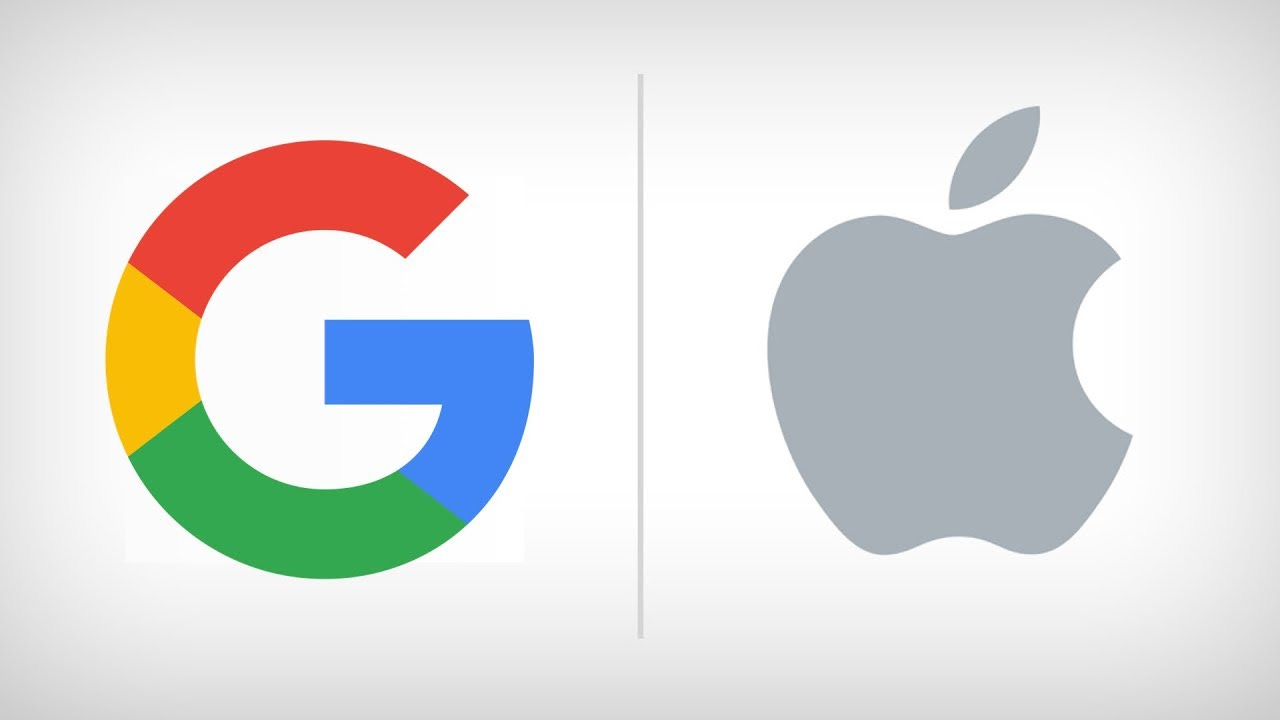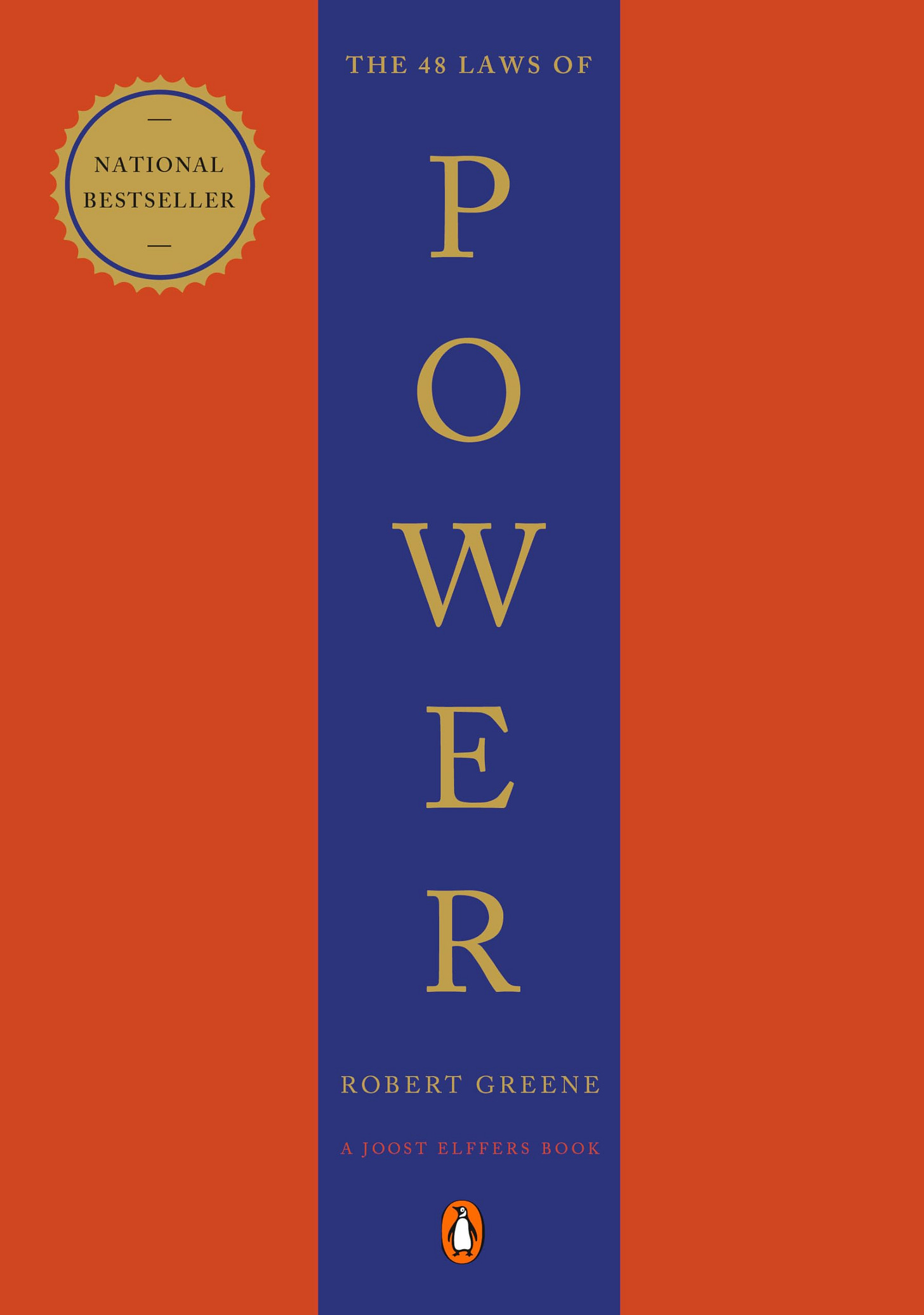Good morning investor 👋,
Welcome back to the 78th Weekly Brief.
This week’s performance:
S&P 500: +0.32% | Nasdaq: +0.33% | Dow Jones: +1.00% | TSX: +1.30% | Gold: +1.49% | Bitcoin: +9.38% | The Quality Fund: +2.40%.
Clap your hands, friends. The markets are in the green again as we end the week. All green except maybe one stock: Google. Time to talk about it.
Let’s get into it. (11 min read)
In this issue:
🔍 Is this the end for Google Search?
🏦 Wall Street sells all Musk’s X debt
🇺🇸 Fed keeps rates stable
FEATURED STORY

🔍 Is this the end for Google Search?
Short answer: No (at least not in the near term (with some things to note).
If you’re not up to date by now, there was widespread chaos for Google this week after the words of Apple’s Senior Vice President of Services, Eddie Cue, revealed to the world in a court transcript that Safari search traffic was down for the first time ever. I wrote my immediate thoughts on Blossom.
Many who read this newsletter do not follow me on Blossom. So, to avoid the risk of repeating myself, I’ll be sharing that post I wrote on Blossom (with some clarity and flow improvements) first. Then, I wanted to discuss the announcement Google made about these claims being false.
Is Google dead? Maybe, but probably not.
Google dropped close to 10% today (May 9, 2025) after reports saying Apple is “actively” searching for AI browser options. TL;DR for those who want my opinion upfront: Overblown concern. Even if this is an option for Safari, most consumers will just choose Google anyway assuming Google continues with transforming Search into an LLM-AI engine.
What this means is Apple is finding more search options for Safari. It’s not revamping Safari and removing Google as an option, but searching for more options as a whole. AI search engines like Perplexity and Anthropic (not exactly a search company; more of an AI lab—also a company Google owns 14% of) are now being considered. I would like to assume that Perplexity will win this option if it comes to it because they have more users.
Around the time of this report, Apple also announced that Safari search usage was down for the first time ever in April. This means nothing besides that people aren’t using Safari as much for their queries. These searches are still happening, but they’re going elsewhere, and Apple doesn’t want that. And so, with the high probability most of this demand is going to AI search engines and LLMs, Apple wants to have one of those options with Safari. I don’t want to be too certain about things before I see Google’s next earnings, but I spent a good amount of time talking about this issue in the Discord today (included for premium members), and the general consensus is that it’s not a major headwind for the company.
As we’ve seen with the recent DOJ issues for Google, the default Search agreement for Apple is already on fire. I’d be surprised if that held up in the next few years. Apple will need to allow consumers to choose their default search engine for their searches on Safari. When this happens, most of them will pick Google—Google has the brand, the overall better product, and everyone is familiar with it. (And this is basically a win-win. Apple gets to frame it as some “we let our consumers choose” thingamajig, and Google can save $20 billion from the default search agreement.)
When it comes to AI search engines here, the same goes. Consumers are already going to have to decide what engine they want to use soon. For most, Google will be their choice. For many, Google will always be their default. Even without default search agreements. And if you want to get technical, Google has the most-used AI LLM-powered search engine in the world thanks to AI Overviews—a feature with over 1.5 billion monthly users transforming the way people treat Google for their searches (longer, more complex questions). Google AI Overviews’ user base is about 44x as many as Perplexity and Anthropic combined.
And it’s just as profitable as normal Google Search.
I want to reiterate that even with all the good, investors will look at the bad with a hyper scope. Yes, Google is in a misty position: regulatory issues, competitive pressures, and so forth. But what’s the good?
I want to come back to the risk section of Google’s recent annual report (which I skimmed through during the conversation in the server today). Like all companies, Google is legally required to report its business risks.
And last year, at the top of its list was competition “from large companies and startups,” with a big, fat, huge, bolded text disclaimer above saying “these risks are only apparent if we do not innovate and acknowledge our current changing market position, and we are doing both.” This is hugely paraphrased, but that’s the gist.
If you listened to the call two weeks ago, and you saw the report, and you pieced everything together from Q to Q, you’ll know that management is staying healthy. They’re acknowledging these pest problems and they’re loading up on pesticides. That big fat disclaimer was put there for a reason. Google is experienced in dealing with changing market conditions. Adaptability is high for the company. Much like Amazon.
I can only imagine Google can win, if they try.
They’re fighting the lawsuits, they’re innovating and changing Search (for the better) to destroy competition, and they’re doing all of this while investing heavily in growing a profitable distinct cloud business that’s set to benefit greatly from secular trends in the distant future. Plus, many small and medium sized businesses depend on Google Ads. There is no viable alternative to this if they were to cease to exist today. Not by LLMs, not by Facebook. And I think because of that alone it makes a good argument for further Google search dominance (until this changes).
I also want to mention something not too many seem to mention with the “LLMs will kill Google” argument. And that’s about the ecosystem. Gmail, YouTube, Workspace—all of Google’s many widely used products on the consumer side are integrated with Google Search. They are known because of it. Most users of YouTube know Google is affiliated with YouTube. Most Gmail users know Gmail is affiliated with Google, and so forth. Most Google Search users use Google products in a collective manner. They all complement each other. This isn’t an easy thing to eliminate and recreate with an LLM.
Again, I don’t want to be certain. I can’t predict the future and I don’t want to seem as though these problems are small pests that won’t do damage. No, that’s not what I’m saying. What I’m saying is that it doesn’t deserve the pushback Google is taking now. Google’s valuation is currently dislocated and the market keeps twisting its knee. If I were to say anything, I’d say Google is a buy amid these concerns. Assuming you understand them, that is. But I also could be wrong. I wouldn’t be surprised either. There’s a lot going on here. I’m going to be cautious and rational for the next few months. Hoping for clarification by Google management next earnings.
Turns out, I didn’t have to wait until management’s words in the next earnings call for much clarification Later that same day, Google published the following:

I didn’t find out about this statement until the morning after, but once I read it, I thought a few things:
If Apple—the company that receives $20 billion per year to keep Google as its default search engine in Safari—is saying Safari search traffic is down for the first time ever during a court hearing on Google’s antitrust/monopoly case… that’s a huge help to their case. It has to be strategic testimony, right? Apple wants to keep its $20 billion.
If Safari search traffic is down according to Apple, but total Google Search queries are rising even on Apple devices and platforms, all that means is people are moving away from Safari, not Google—from Safari to Chrome, or to the Google app.
Both of these scenarios are bullish signs for Google, even during such a challenging time in its history.
And so, Google Search isn’t dead. This Safari concern is overblown. (What isn’t overblown is Search’s AI competition. However, I do believe AI is something they can adapt to over time, and we’re seeing that happen now (screenshot below).

I slightly added to my position recently and plan to hold until further notice. That’s it. Happy investing. Please do enjoy the weekend.
Become a premium member of The J. Nicholas to join the Discord and read the full Q1 earnings review write-ups. Also get access to my detailed stock research analyses, future eBook guide, and more.
FINANCE

a. 🧑⚖️ Microsoft wins FTC Activision case
A U.S. appeals court on Wednesday rejected the FTC’s challenge to Microsoft’s nearly $70 billion acquisition of Activision Blizzard, upholding a lower court’s decision that ruled the FTC hadn’t shown how the deal would harm competition in the market.
The 9th Circuit (Court of Appeals in the western U.S.) ruled unanimously that the FTC was “unlikely to succeed in its claims that the merger would hurt Xbox, subscription, or cloud gaming rivals.” The FTC also had a separate case paused last year pending this appeal. That case is now over. The Activision deal is the largest ever in gaming and closed in late 2023 after U.K. approval.
b. 🏦 Wall Street sells all Musk’s X debt
A group of some of the largest Wall Street banks, including Morgan Stanley, Bank of America, Barclays, and Mitsubishi UFJ, officially sold the final $1.2 billion of debt tied to Elon Musk’s $44 billion buyout of Twitter (now X) this week, according to a source by Reuters.
The loans were sold at 98 cents on the dollar with a yield of 9.5%. Musk’s ties to Donald Trump and optimism about X’s revenue helped these banks offload nearly all the $13 billion in debt they’d held for two years. The buyout was funded through a mix of secured and unsecured loans. The Wall Street Journal first reported the news (here).
Related articles:
BUSINESS

c. 🐭 Disney announces Abu Dhabi park
Disney is set to bring a new theme park (and resort) to Yas Island, Abu Dhabi, through a partnership with local developer company Miral. Miral will fully fund and build the project, and Disney’s “Imagineers” will handle design and oversight. (Disney will still earn royalties without investing any capital.)
This will be Disney’s seventh global resort and is not included in its $60 billion parks investment plan. CEO Bob Iger said no opening date has been set, but design work is currently underway. The park will have themed hotels, dining, retail, and, of course, Disney’s storytelling, culture, and technology. Disney sees the UAE “as a gateway to a tourism market of 500 million people within a four-hour flight.”
Related articles:
d. 🚙 Uber launches in the Middle East
Bullish news for Uber: On Tuesday, Uber announced a partnership with China-based Pony.ai to bring robotaxis to Uber’s ride-hailing platform, officially starting with a Middle East launch later this year before expanding globally. The pilot phase will use safety operators before transitioning to full autonomy (its full self-driving isn’t entirely operable yet).
Uber has been aggressively expanding in the robotaxi space—as predicted in my research/analysis write-up on the company not too long ago (link below). In recent months, Uber has partnered with May Mobility, Momenta, WeRide, and Waymo. Lyft and Tesla have yet to catch up as I write this. Pony.ai is backed by Toyota and already holds robotaxi licences in several Chinese cities.
Related articles:
MACRO

e. 🇺🇸 Fed keeps rates stable
The Federal Reserve held interest rates steady again this Wednesday, keeping its key rate at 4.25%–4.5% as it “assesses the impact of the Trump administration’s tariff policies on the economy.”
The Fed’s current concerns are around rising risks to both inflation and unemployment, as well as a potential stagflation scenario (where inflation continues to rise, but the economy weakens or doesn’t grow). Chair Jerome Powell mentioned that the economy looks solid for now. The market wasn’t expecting any rate cut, so nothing major happened following the announcement.
“[The economy itself is] still in solid shape.” — Jerome Powell
If tariffs do continue, the Fed will continue to be pushed into weird and uncomfortable positions like this, where they can’t effectively make a quick decision. We’ll see.
Related articles:
📚 Book of the Week
For every book purchased using the links below, 100% of affiliate commissions are donated to charity. (Amount donated so far: $36.42.)
An investor’s bookshelf: Here.
The 48 Laws of Power - Robert Greene
Book Description:
In the book that People magazine proclaimed “beguiling” and “fascinating,” Robert Greene and Joost Elffers have distilled three thousand years of the history of power into 48 essential laws by drawing from the philosophies of Machiavelli, Sun Tzu, and Carl Von Clausewitz and also from the lives of figures ranging from Henry Kissinger to P.T. Barnum.
Some laws teach the need for prudence (“Law 1: Never Outshine the Master”), others teach the value of confidence (“Law 28: Enter Action with Boldness”), and many recommend absolute self-preservation (“Law 15: Crush Your Enemy Totally”). Every law, though, has one thing in common: an interest in total domination. In a bold and arresting two-color package, The 48 Laws of Power is ideal whether your aim is conquest, self-defense, or simply to understand the rules of the game.
Thank you for reading, partner. If you enjoyed today’s issue, feel free to share it with friends and family. I’ve placed a button below for you to do so (right underneath the paid membership line (see what I did there).
All the best,
Jacob
All of my links here.
My best work is members-only. Don’t miss out on exclusive posts, insights and benefits—upgrade today and join the community.






Can’t stop reading your briefs. Thanks for sharing your work.